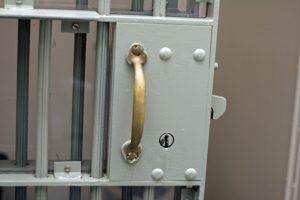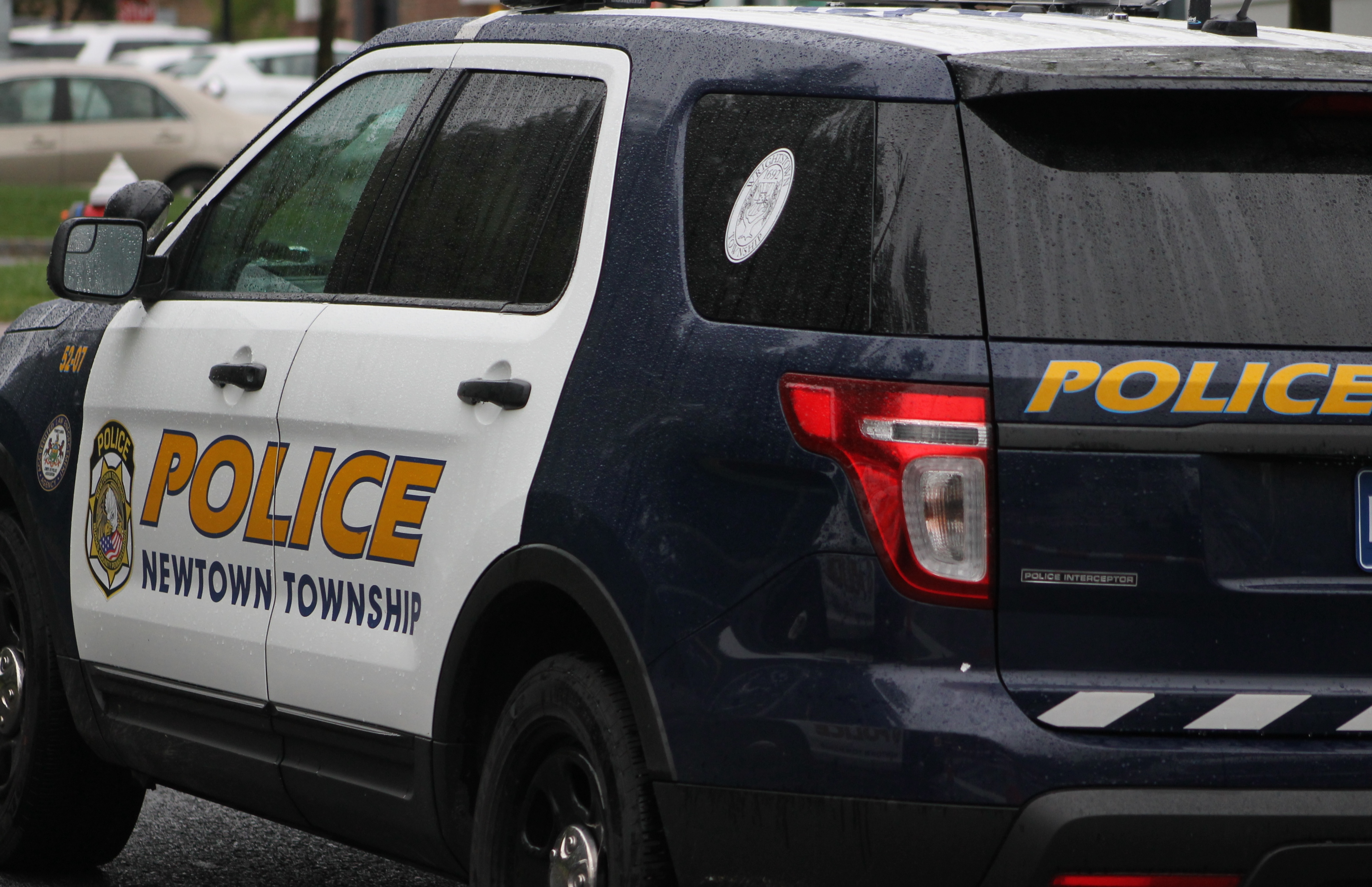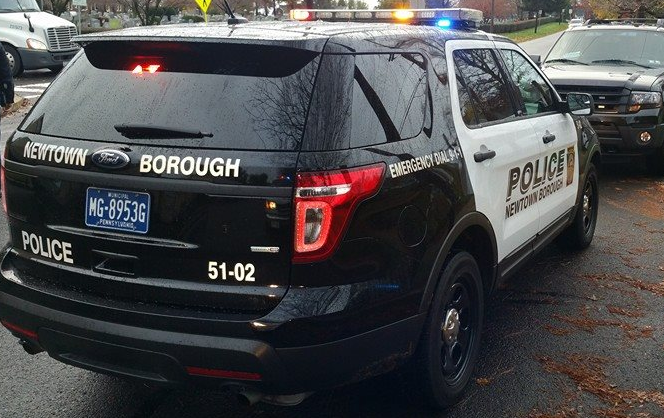By Dave Lemery | Watchdog.org

After decades of “tough-on-crime” laws at both the state and federal level transformed the criminal justice system in Pennsylvania and across the United States, a series of new laws at both levels have sought to reverse those trends and reduce incarceration rates.
Recent weeks have seen the signing of the federal First Step Act and the implementation of Pennsylvania’s Clean Slate Law, both of which are intended to help individuals convicted of smaller, nonviolent offenses reintegrate into society – provided they don’t reoffend – and put behind them past mistakes after they’ve paid their debt to society.
Now, Pennsylvania Auditor General Eugene DePasquale aims to produce a comprehensive report on the condition and financial impact of the state’s correctional system. In a news conference Thursday, the former Democratic lawmaker said he intends to examine if there are ways to reduce the size of the prison population without increasing crime, and thereby save taxpayers money.
“Pennsylvania has the highest incarceration rate in the northeastern United States,” DePasquale said. “On a global scale, our incarceration rate is higher than that of such countries as Russia, Iran and Turkey. On any given day, there are about 47,000 people in state prisons.”
He revealed that from 2006 to 2015, the financial burden of maintaining the state prison system rose by 50 percent, from $1.6 billion to $2.4 billion. And as the state has been paying more and more to keep people incarcerated, it has provided insufficient funds to its probation and parole system, overloading case workers and increasing the likelihood that individuals will violate the terms of their release and wind up back behind bars.
“Nearly one third of state prison beds are occupied by people who violated their probation or parole terms,” he said. “And again, there’s certainly instances where that individual had that coming, but we believe it’s at least possible that having so many cases for each parole officer can lead to more of those … individuals getting sent back.”
DePasquale anticipates that his report will be ready for release sometime in the fall, and he said that in preparation he had already met with organizations as diverse as the American Civil Liberties Union and Americans for Progress.
The nonprofit Commonwealth Foundation, which has advocated strongly for criminal justice reform, noted recently that Pennsylvania has seen a decline in its prison population in recent years.
“Seven years ago, Pennsylvania enacted a bipartisan corrections reform package that has proven to be an unquestionable success,” said Nathan Benefield, vice president and COO for the foundation, in a news release. “We are locking up fewer people while crime rates continue to decline. It’s time for lawmakers to build on this momentum and advance reforms that improve sentencing and parole.”
The foundation backs a new package of reforms known as the second Justice Reinvestment Initiative, or JRI2. It would address parole practices, sentencing guidelines and expand protections for crime victims, among other provisions. Democratic Gov. Tom Wolf is among the supporters of JRI2.
“In the new legislative session, state lawmakers should prioritize these bipartisan reforms,” Benefield said. “The second phase of the Justice Reinvestment Initiative will improve the lives of Pennsylvanians and reduce costs without compromising safety.”
DePasquale on Thursday chose not to indicate whether he supports JRI2.
“I will weigh in on that … at probably the end of this process … whether I think that is sufficient or needs to be more aggressive or is too aggressive,” he said. “But I am aware of that, and I will be, at the appropriate time, making some comments on that.”








